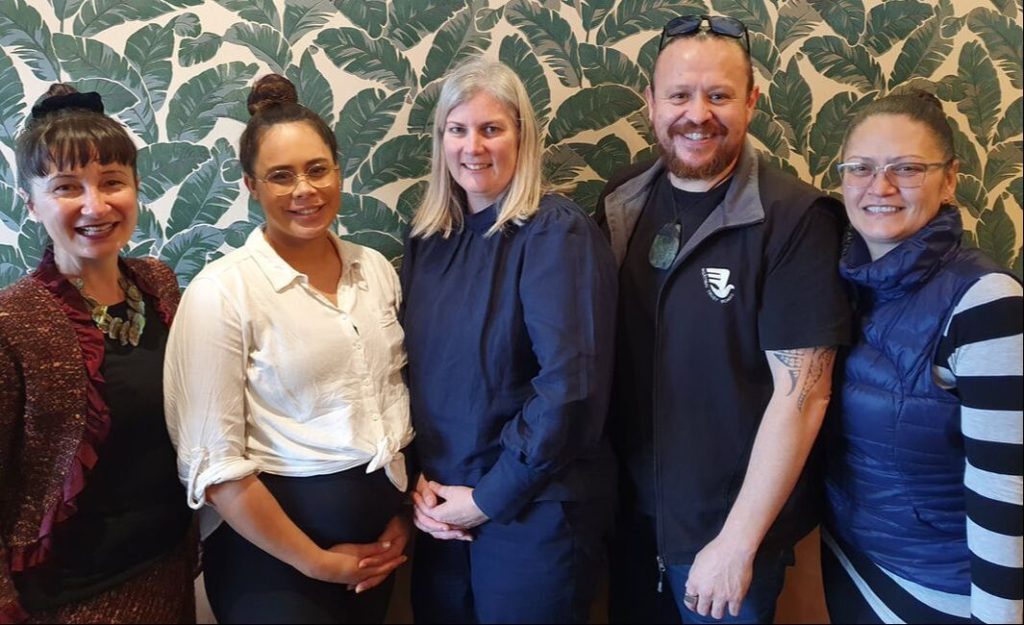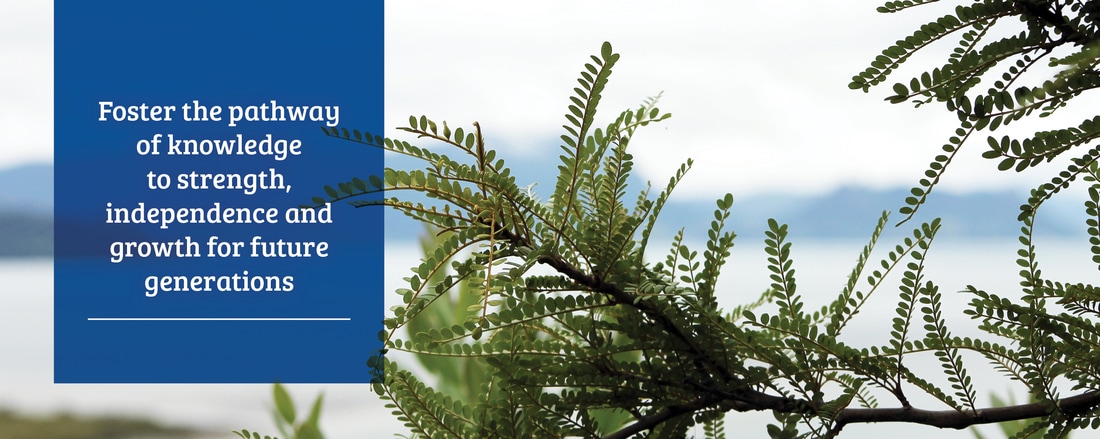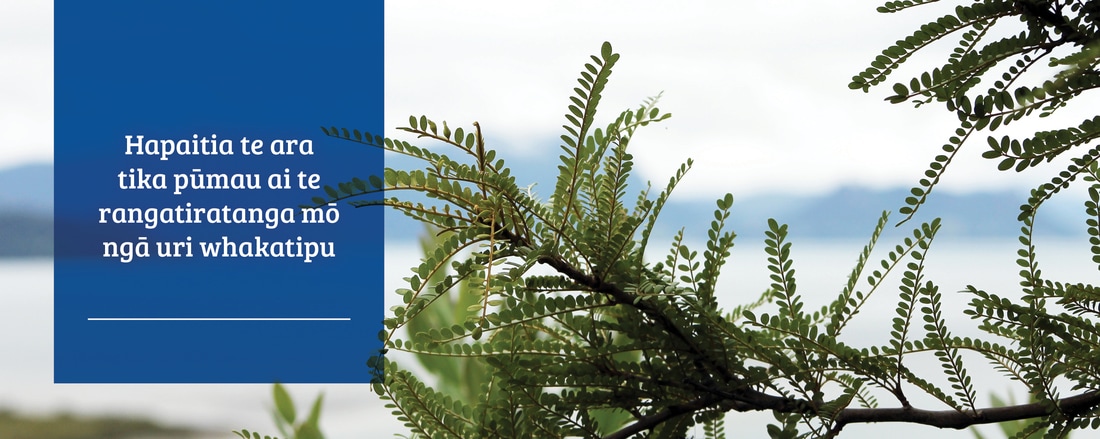
Sarah Shaw born and raised in Whangārei, is a qualified planner and lawyer specialising in Resource
Management, was introduced to our case by Paula Wilson to bring her expertise to challenge the Crown\’s MACA legislation.
In her evidence Sarah drew on her more than 20 years experience in RMA and local government policy, plan making and procedures to show the relationship between the MACA and the RMA, highlighting that any rights able to be won under the MACA are likely to be nullified by resource consents and other prioritized activities.
So as a Board we challenge why have MACA?
The Ngātiwai Trust Board Position on MACA
The Board want whānau to be clear on where we sit in regards Ngātiwai whānau or hapū MACA applications.
On the 31st of January 2021 the Ngātiwai Trust Board passed a resolution that “The Board formally agree that any rights able to be won under the MACA Act via the Boards applications will be held at the local whānau or hapū level and not with the Board or any Trustees.”
Further where there are any shared or overlapping interests the Board says that this will ultimately need to be worked through at the local level with their neighbors or relations.
For this reason the Board has taken the position that it supports all Ngātiwai MACA applicants in-principle and there may well be a form of shared-exclusivity in some areas. In these situations the
Board will take a supportive but neutral role, leaving these matters to be resolved at the local level in accordance with tikanga Māori.
The Whakatohea Decision
Last month 13 applicants of Whakatohea around Opotoki had their rights and interest in the foreshore and seabed recognised in a judgment in the high.
This was a unexpected but fantastic outcome for hapū MACA applicants in the High Court judgment seeing them awarded customary marine title over the Takutai Moana area in Opotiki.
The decision is significant in that the court has found that territorial local authorities providing resource consents to people to use foreshore and seabed doesn’t extinguish Māori ownership and rights to the same foreshore and seabed subject of that resource consent.
The Whakatōhea High Court case has now set a precedent for Māori rights and interest in their foreshore and seabed.


